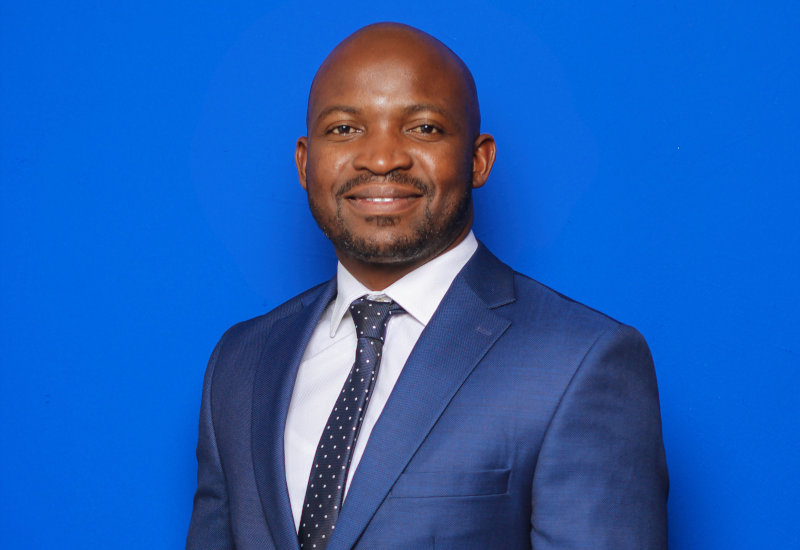
Brian Malambo, CEO of Monter Capital
Soya bean processing in Zambia and leveraging Botswana’s potential as a regional hub for meat production – these are among the distinct agribusiness opportunities in Africa, according to Brian Malambo, the Zambian-born CEO of private equity firm Monter Capital.
Monter Capital recently reached the first close of its $100 million private equity fund that will back companies in the agribusiness, financial services, and clean energy sectors in sub-Saharan Africa.
The fund seeks to invest in agri-processing ventures that produce food products not only for their local markets but also have the capacity to extend their reach to neighbouring countries.
Taking Zambia as an example, Malambo pointed out lucrative opportunities to process soya beans into cooking oil, soya cake, and soya flour. Soya cake, the residual product after extracting most of the oil from whole soya beans, is commonly utilised as animal feed. These processed products have potential export markets in nearby countries, Tanzania being a prime example.
Furthermore, he sees promise in the transformation of maize into maize meal, a dietary staple in numerous Southern and East African nations. Maize meal is the key ingredient for traditional porridges, known as sadza in Zimbabwe, nshima in Zambia, and ugali in East Africa. According to Malambo, there is particular potential for exporting maize meal from Zambia to the neighbouring Democratic Republic of Congo, where the agriculture sector is underdeveloped.
Despite its modest population of 2.7 million and being frequently overlooked by investors, Botswana is also on Malambo’s agribusiness radar. He asserts that Botswana’s conditions are favourable for livestock farming. Moreover, the country could serve as a suitable base for producing processed meat products with an eye towards export to neighbouring countries
Malambo regards Botswana’s 5.8% GDP growth in 2022 as a positive indicator. According to him, the government is doing the right things in terms of policies and supporting private sector development.
After a few challenging years, Malambo is also upbeat about Zambia’s economic prospects. He points out that Zambia’s reliance on mining and rain-fed agriculture, subjects the economy to external factors such as global copper price fluctuations and unpredictable weather patterns.
Zambia’s heavy debt burden has been a pressing issue over the past few years. In November 2020, the country was the first in Africa to default on its debt repayments amidst the Covid-19 pandemic, as the nation’s external debt climbed from $4.8 billion (18% of GDP) in 2014 to $11.2 billion (48% of GDP) by 2019.
However, just last month, Zambia finalised an agreement to restructure $6.3 billion of its debt owed to international governments, including China. The agreement reschedules Zambia’s debt over more than two decades, with a three-year grace period during which only interest payments are due. Thanks to the agreement with official creditors, Zambia will receive a further $188 million tranche from the International Monetary Fund, part of a $1.3 billion package approved last September.
Malambo heralds the debt restructuring as a “breakthrough for Zambia”, stating it will unlock resources for the government to invest in sectors that can spur economic growth. He notes that since the announcement of the restructuring, there has been a marked increase in interest from foreign investors across sectors such as mining, agriculture, manufacturing, and infrastructure.


